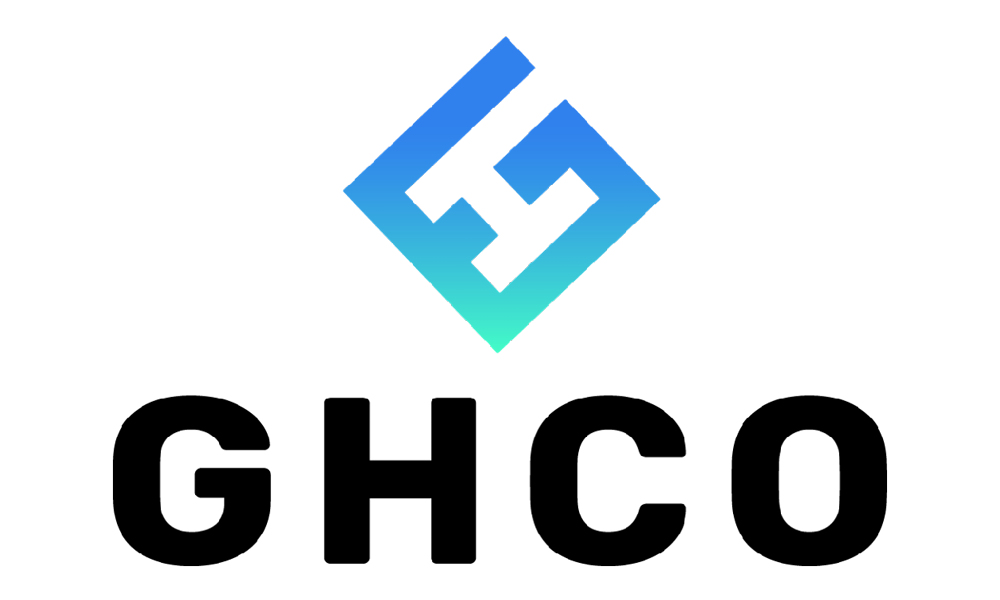Three of Europe’s largest market makers, Jane Street, Flow Traders and GHCO, are battling to recoup millions of dollars worth of assets after Russian broker Sova Capital went into special administration following the country’s invasion of Ukraine.
The trio all had funds held with the London-headquartered firm which filed for insolvency on 3 March, just a week after the conflict began, as Russia was hit with a wave of financial sanctions from the west.
Consultancy firm Teneo was appointed joint special administrator of the Sova Capital, whose main business was to provide its clients access to the Russian markets. At the time of its collapse, the company held $1.85bn in custody assets and a further $249.4m in client money.
In its latest set of financial results, liquidity provider GHCO said it was seeking to recover $3.3m in assets, comprising $1.2m across two Title Transfer Collateral Agreement (TTCA) accounts and a further $2.1m in transactions that had been executed but yet to be settled by Sova Capital.
Jane Street did not disclose how much they have trapped in Sova Capital, however, ETF Stream understands their assets account for almost 1% of the total funds held by the broker at the time of liquidation, roughly $18m.
According to its latest annual report, Flow Traders said it entered an “interest-bearing credit facility” with Sova Capital in 2021 but did not disclose how much the loan was worth.
Both Jane Steet and Flow Traders will be integral in the recovery of the funds. The former was named a member of the creditor’s committee and the latter an observer, according to Teneo’s first administration progress report, published on 26 September.
Jane Street and GHCO declined to comment. Flow Traders did not respond to a request to comment.
However, GHCO’s latest accounts revealed that it expects to receive 40-60% of the value of its trapped assets within the next 12-24 months.
The firm added it had begun to reduce its exposure to Sova Capital in the week leading up to the start of the conflict, due to the “potential impact of GH LLP’s business” of sanctions levied on Russian-owned entities and the Russian National Settlement Depositary.
Following the conflict, western nations looked to limit Russia’s access to money, eventually leading to the shuttering of the Moscow Exchange, sending shockwaves through the ETF market.
MSCI said it was pulling Russian securities from its emerging market indices, while ETF issuers were forced to halt creation and redemption orders on primary markets.
In a creditor update on 6 October, Teneo said it had received an offer to buy £289m worth of trapped assets at a 15% discount from Dominanta, owned by prominent Russian businessman Roman Avdeev who also owns the Credit Bank of Moscow.
To proceed with the purchase, Dominanta LLC would require approval from either the Central Bank of Russia, the Foreign Investment Controls Commission or the President of Russia.
If approved, it is not clear if either Jane Street, Flow Traders or GHCO would receive any of the funds.
The conflict has had a wide-ranging effect on ETF issuers, leading many, including BlackRock, to close their Russia-focused ETFs.
In September, ITI Funds said it was preparing to shut its ETF business following the suspension of its two ETFs.
In August, PIMCO introduced the option to implement side pockets – carving out a fund’s highly illiquid assets – on its fixed-income ETFs that have exposure to Russian sovereign debt.
Related articles





